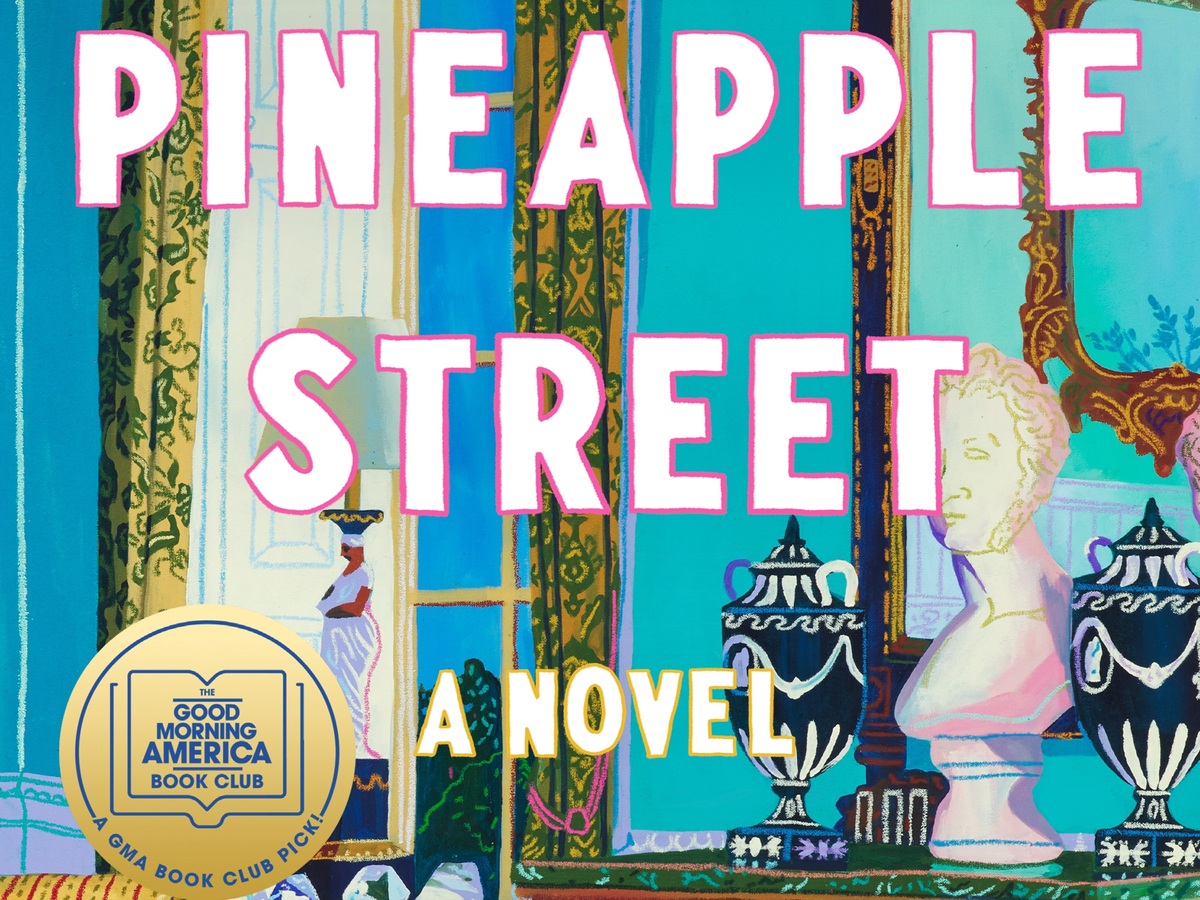

I met a good friend for dinner the other night and told her I was rereading Nora Ephron’s novel, Heartburn, which has just come out in a 40th anniversary edition. “I’m so pissed off,” this friend said, echoing Meryl Streep’s words at Ephron’s memorial service in 2012. “Why isn’t she still here?”
My friend and I locked eyes over our margaritas and nodded. We didn’t have to tick off all the ways we needed Ephron’s tough wit to help us through things. It’s sentimental to say so, but when such a beloved writer’s voice is stilled, you really do feel more alone, less armored against the world.
I’ve read Heartburn three times since it came out in 1983. Some of its jokes haven’t aged well, such as wisecracks about lesbians and Japanese men with cameras, but the pain that underlies its humor is as fresh as a paper cut. For those who don’t know the novel, Heartburn takes place mostly in an elite Washington, D.C., world of journalists and politicians and is a roman à clef about the break-up of Ephron’s marriage to reporter Carl Bernstein, of Watergate fame.
The year was 1979 and Ephron was pregnant with the couple’s second child when she discovered Bernstein was having an affair with Margaret Jay, the then-wife of the then-British ambassador. In Heartburn, her character is famously skewered as: “a fairly tall person with a neck as long as an arm and a nose as long as a thumb.”
Everyone who’s read Heartburn or seen the movie — with Meryl Streep playing Ephron’s fictional alter ego, cookbook author Rachel Samstat — remembers the climactic dinner party scene where Rachel throws a key lime pie at the face of her cheating husband. (In real life, Ephron poured a bottle of red wine over Bernstein’s head.) It’s as though Ephron, herself the child of two golden age Hollywood screenwriters, took one of the oldest clichés in comedy — the pie in the face — and updated it to be a symbol of second-wave feminist fed-up-ed-ness.
But what precedes that moment is anguish. In that climactic scene, Rachel thinks this about her husband who’s sitting across the table from her:
“I still love you. … I still find you interesting, … But someday I won’t anymore. And in the meantime, I’m getting out. I am no beauty, … and I am terrified of being alone, … but I would rather die than sit here and pretend it’s okay, I would rather die than sit here figuring out how to get you to love me again. … I can’t stand sitting here with all this rage turning to hurt and then to tears.”


Like her idol, Dorothy Parker, Ephron knew that the greatest comedy arises out of finding ironic distance and, therefore, control over the things that make us wince, cry, despair. Ephron left us not only that key lime pie recipe, but also her recipe for coping.
And, speaking of coping, for many of us readers, coping with late winter blahs means reaching for a comic novel; not only classics like Heartburn, but also the work of new writers, such as Jenny Jackson. Her debut novel, Pineapple Street, is being likened to the work of another late, great, essentially comic writer, Laurie Colwin, because both focus on the foibles of old money families in New York City.
That comparison is a bit overblown, but Jackson’s Pineapple Street stands on its own as a smart comedy of manners. This is an ensemble novel about members of the wealthy Stockton family that owns swaths of Brooklyn Heights and beyond. The most engaging plotline involves a daughter-in-law named Sasha, who hails from a “merely” middle-class background, and struggles to fit in. When her in-laws come to dinner, for instance, their indifference to her food makes her feel “like the lady at the Costco free sample table, trying to sell warm cubes of processed cheese.”
Even the most insular characters in Pineapple Street, however, are aware of their privilege. Humor, being topical and dependent on sharp observation of behavior and detail, needs to keep in step with changing times, as Jackson does here. But the shock of social recognition — the moment when a good writer transforms an everyday detail about cheese cubes into an observation about the casual cruelties of class hierarchy — remains as jolting as getting or throwing a pie in the face. Here’s to being the thrower!
Stay connected with us on social media platform for instant update click here to join our Twitter, & Facebook
We are now on Telegram. Click here to join our channel (@TechiUpdate) and stay updated with the latest Technology headlines.
For all the latest Entertainment News Click Here
For the latest news and updates, follow us on Google News.
